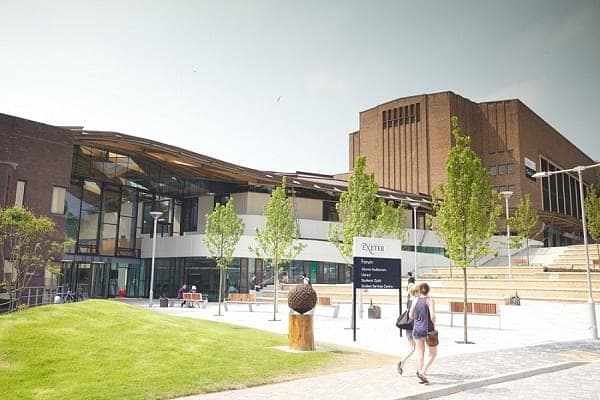The modules we outline here provide examples of what you can expect to learn on this degree course based on recent academic teaching. The precise modules available to you in future years may vary depending on staff availability and research interests, new topics of study, timetabling and student demand.
Year 1
The concepts and phenomena you’ll meet in year one are many and varied. You’ll develop your understanding of physics while being introduced to core areas of university-level mathematics, consolidating and building on the material you’ll have learned at school or college.
- Mathematical Structures
- Vector Mechanics
- Waves and Optics
- Properties of Matter
- Mathematics Skills
- Mathematics for Physicists
- Practical Physics and IT Skills
- Foundations
Year 2
Year 2 builds on the firm foundation in mathematics and physics gained in year one, and the principles that constitute the framework of the two subjects. You’ll take core physics modules in Electromagnetism and Quantum Mechanics while exploring the use of mathematics to give these principles a precise form. The core Algebra module will cover concepts and techniques that are widely used in many areas of mathematics. Optional modules give you the opportunity to learn about more specialised topics, and will inform your third year of study.
- Electromagnetism I
- Quantum Mechanics I
Final year
In your final year you’ll to apply the core principles of maths and physics in a broad range of important areas. You will take a core module in Nuclear Physics and an advanced Electromagnetism course, as well as undertaking an extended project which may be theoretical or experimental. You’ll also you have the opportunity to choose from a very wide range of optional modules, ranging from Pure Maths (e.g. Combinatorics) to Applied Maths (e.g. Mathematics of Climate Change), and including topics such as Biophysics and Astrophysics.
- Electromagnetism and Quantum Mechanics
- Nuclear and High Energy Physics
- One-Semester Physics Project and Report
